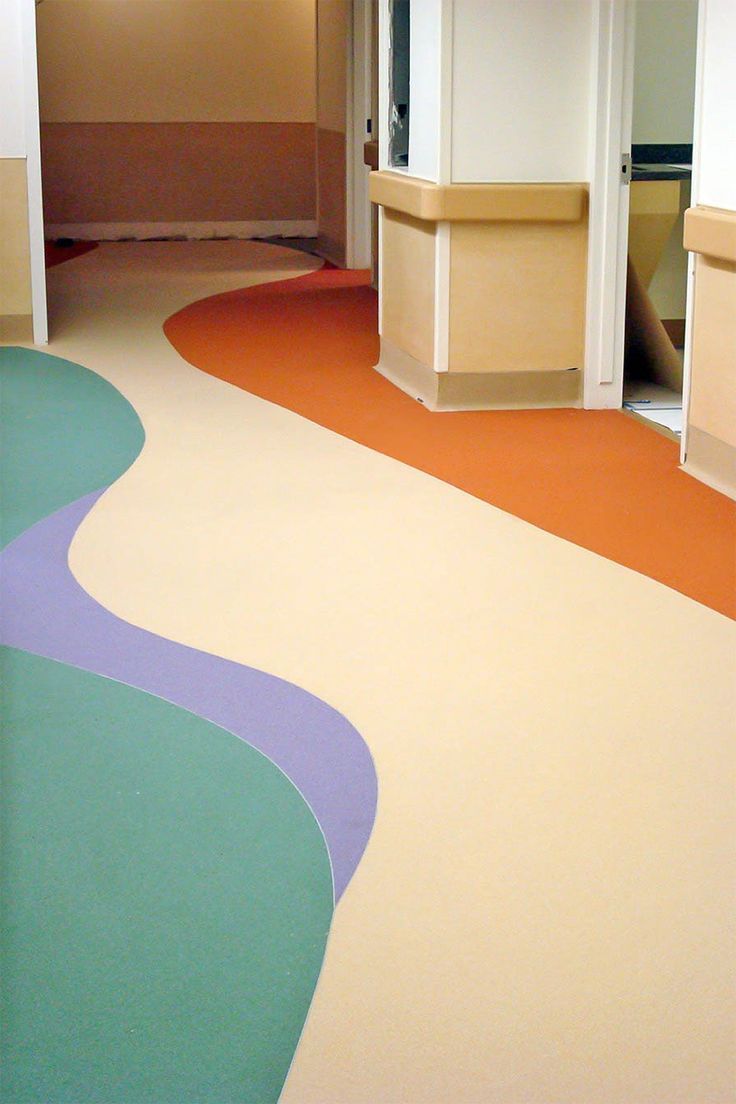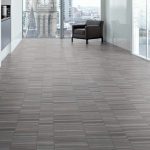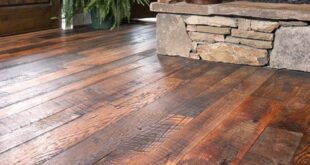When it comes to selecting commercial flooring for your business, there are a few important factors to consider in order to make the best choice for your space. The flooring in a commercial setting has a significant impact on the overall look and feel of the space, as well as the safety and functionality of the area. Here are some tips to help you select the best commercial flooring for your business.
1. Consider the type of business: The first thing to consider when selecting commercial flooring is the type of business you have. For example, if you have a high-traffic retail store, you will need a durable flooring option that can withstand heavy foot traffic and spills. On the other hand, if you have a professional office space, you may want to opt for a more sophisticated and elegant flooring option.
2. Think about maintenance and durability: Commercial flooring is subjected to a lot of wear and tear, so it’s important to choose a flooring material that is durable and easy to maintain. Avoid materials that are prone to scratches, stains, or damage from heavy furniture. Vinyl, laminate, and porcelain tiles are popular choices for commercial spaces because they are low-maintenance and can withstand heavy use.
3. Consider safety: Safety should be a top priority when selecting commercial flooring. Choose a flooring material that is slip-resistant to reduce the risk of accidents in your space. This is especially important in high-traffic areas such as lobbies, hallways, and restrooms.
4. Think about aesthetics: The flooring in your commercial space plays a significant role in the overall aesthetics of the space. Choose a flooring material that complements the design and style of your business. If you have a modern and sleek office space, you may want to opt for polished concrete or hardwood floors. On the other hand, if you have a more traditional business, carpet or natural stone flooring may be a better fit.
5. Consider the budget: Commercial flooring can be a significant investment, so it’s important to consider your budget when selecting a flooring material. Be sure to factor in the cost of installation, maintenance, and any additional expenses such as underlayment or repairs.
Overall, selecting the best commercial flooring for your business involves considering factors such as durability, maintenance, safety, aesthetics, and budget. By taking these factors into account, you can choose a flooring material that not only looks great but also meets the needs of your business.
 goodworksfurniture Decoration and home design ideas
goodworksfurniture Decoration and home design ideas













